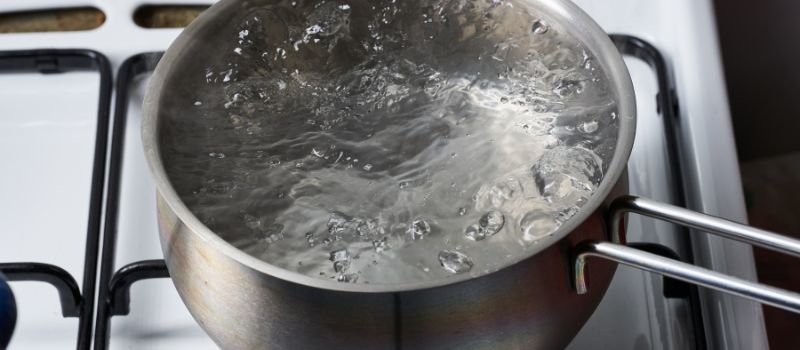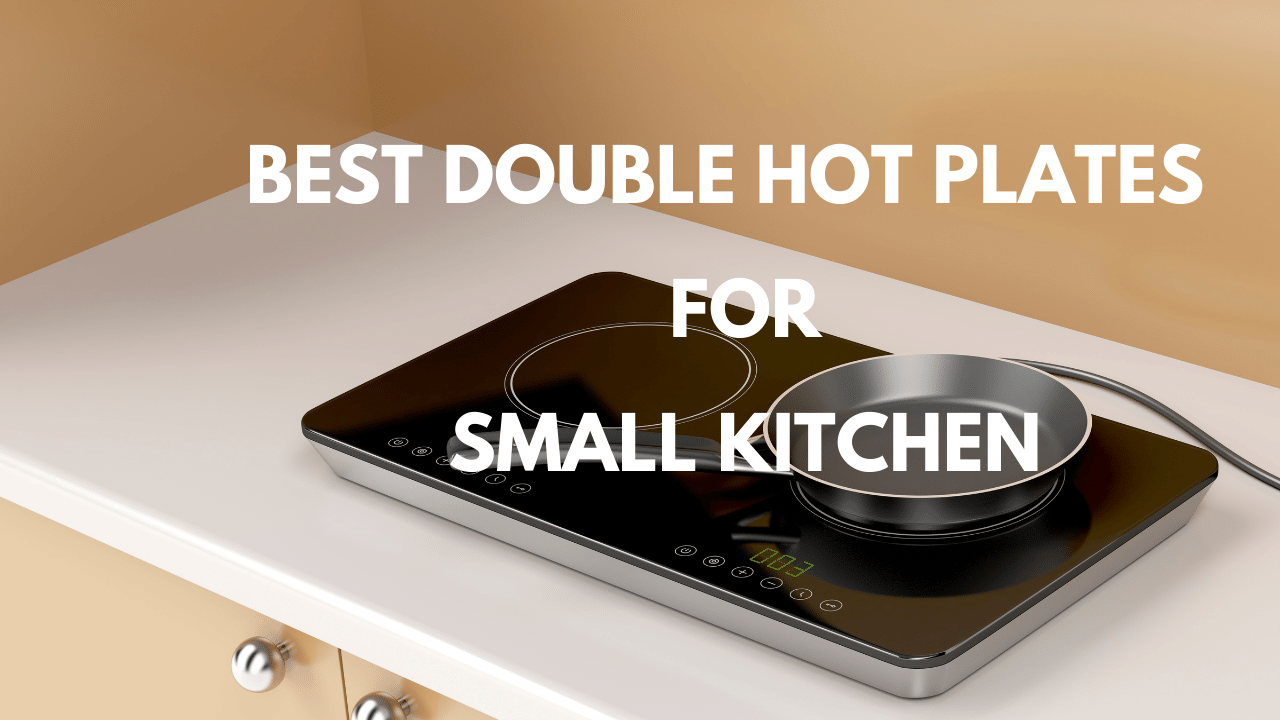The simple answer to this question is yes, a 1500 watt hot plate can boil water. However, to build trust and excitement around this topic, it’s important to dive into the specifics of how a hot plate works, the factors that influence the boiling process, and how to optimize its performance.
Will a 1500 Watt Hot Plate Boil Water? Efficiency and Performance
Understanding Hot Plates
A hot plate is a portable, compact, and versatile appliance that serves as an excellent alternative to traditional stovetops. It is particularly useful for those with limited kitchen space or those who need a portable cooking solution. Hot plates come in a variety of types, including induction, electric coil, and ceramic infrared. Each type has its advantages and limitations, but all are capable of heating cookware and boiling water.
The Role of Wattage in Boiling Water
The wattage of a hot plate is a crucial factor in determining its effectiveness and speed in boiling water. Wattage is a measure of the power an electrical appliance consumes, and it directly impacts the heating capacity of a hot plate. A higher wattage usually translates to a higher heating capacity and faster boiling times.
In the case of a 1500 watt hot plate, it has ample power to boil water effectively. However, the actual boiling time depends on several factors, including the type of hot plate, the amount of water, the starting temperature of the water, and the ambient conditions.
Factors Affecting Boiling Time on a 1500 Watt Hot Plate
- Type of Hot Plate: Induction hot plates are known for their efficiency and speed, while electric coil and ceramic infrared hot plates may take slightly longer to reach boiling temperatures. The difference in boiling time is primarily due to the method of heat transfer and the efficiency of the hot plate design.
- Amount of Water: The quantity of water you’re trying to boil will impact the boiling time. More water requires more energy to heat, resulting in a longer boiling time.
- Starting Temperature: The initial temperature of the water will also influence boiling time. Cold tap water will take longer to boil compared to warm tap water due to the additional energy needed to raise the temperature.
- Ambient Conditions: The surrounding environment, such as room temperature and altitude, can affect boiling time. Higher altitudes will cause water to boil at lower temperatures, while colder room temperatures may require additional energy to heat the water.
Optimizing Boiling Performance on a 1500 Watt Hot Plate
To ensure your hot plate boils water efficiently, consider the following tips:
- Preheat the Hot Plate: Turn on the hot plate and let it heat up for a few minutes before placing the pot or kettle on it. This will help the appliance reach the desired temperature faster and reduce overall boiling time.
- Use the Right Cookware: Opt for a pot or kettle with a flat, heavy bottom that evenly distributes heat. This will prevent hot spots and promote faster, more even heating.
- Cover the Pot: Placing a lid on the pot will trap heat and steam, accelerating the boiling process.
- Minimize Heat Loss: Ensure that the pot or kettle is centered on the hot plate and that the hot plate is placed on a stable, heat-resistant surface. This will minimize heat loss and ensure efficient heating.
Energy Efficiency and Environmental Considerations
A 1500 watt hot plate is an energy-efficient option for boiling water when compared to larger stovetops. However, it’s essential to consider the environmental impact of using any electrical appliance. To minimize your carbon footprint and reduce energy consumption, consider the following tips:
- Boil Only What You Need: Avoid boiling more water than necessary, as excess boiling water consumes additional energy and takes longer to heat.
- Switch Off When Done: Turn off the hot plate immediately after use to prevent wasting electricity.
- Regular Maintenance: Clean and maintain your hot plate regularly to ensure optimal performance and energy efficiency. Dust and debris can accumulate on the heating element, reducing its effectiveness and increasing energy consumption.
- Choose Energy-Efficient Appliances: When purchasing a hot plate or other cooking appliances, look for energy-efficient models that consume less electricity. This will not only reduce your energy consumption but also save you money on electricity bills in the long run.
Safety Precautions When Using a 1500 Watt Hot Plate
Using a hot plate to boil water is generally safe, but it’s essential to follow some basic safety guidelines:
- Read the Manual: Familiarize yourself with the hot plate’s instructions and safety guidelines before using it.
- Keep Away from Flammable Materials: Place the hot plate on a stable, heat-resistant surface, and ensure it is at least 3 feet away from any flammable materials such as curtains, paper, or plastic.
- Don’t Leave Unattended: Never leave the hot plate unattended while in use, especially when boiling water. Boiling water can quickly evaporate, leading to the pot or kettle overheating and potentially causing damage or injury.
- Unplug When Not in Use: Disconnect the hot plate from the electrical outlet when not in use to prevent potential hazards.
Conclusion
A 1500 watt hot plate can indeed boil water effectively, making it a versatile and practical appliance for various cooking tasks. However, it’s essential to understand the factors that influence boiling time and follow best practices to optimize the hot plate’s performance, energy efficiency, and safety.
By considering the type of hot plate, amount of water, starting temperature, and ambient conditions, you can better anticipate the boiling time and ensure a more enjoyable and efficient cooking experience.
Bora Khay is a skilled expert in the world of kitchen equipment, specialising in hot plates, stoves, and other related appliances. With more than 7 years of experience in the sector, Bora has developed a sharp eye for quality and an in-depth awareness of consumer demands and preferences. Read more.



